The RKEO restructured in September 2014 and part of this was the newly formed Funding Development Team (FDT), who administer all things pre-award. As there was disruption to the team in the summer of 2014 and the majority of the team were new to RKEO (and some were new to BU), we recognised that our service levels needed improving. As a result, we have asked academics who have submitted applications to complete surveys so that we can seek to improve our service and have a way of monitoring this.
The last survey was run in June and the general response was positive and recognised that we were making great improvements. There were recommendations on what we could do further and we will take these forward. The academics were asked to score our performance on a variety of topics and the results are given below:
Scores on the doors (1 = poor and 5 = excellent)
| Demonstrate a good knowledge of the funder/ client |
4.47 |
| Have a good understanding of the bidding/ contract process – |
4.69 |
| Generate the costings and explain how the costs were derived |
4.71 |
| Demonstrate a high level of expertise |
4.47 |
| Answer all of your questions |
4.63 |
| Provide timely information |
4.38 |
| Keep you informed of progress |
4.5 |
| Respond quickly to your calls and emails |
4.35 |
| Help you to submit your bid/proposal on time |
4.69 |
| How would you rate the service provided by RKEO |
4.4 |
| Overall, would you say that your expectations were met – |
All said ‘yes’ |
| Were you aware of the internal processes and timescales when applying for funding before you approached RKEO? |
13 out of 17 said yes |
These are great results which were also backed up with positive comments about our service. Some of these are given below:
General comments
‘Regarding RKEO I think the team works great; I can just say thank you very much and please keep it up. I do apologize for the time and complexity constraints which were out of my hands.’
‘When I was contacted by my colleagues I expected that it may be a bit complicated because the time frame was short, yet it was a unique chance I should not miss. I was concerned on that and I wasn’t sure if it would be possible at all in the end. Thanks to the RKEO team work, it was possible.’
‘We are really lucky to have colleagues here to help us in such a professional manner. Applying for funding can be really stressful so what you need is someone to guide you and explain the process to you. Jenny and Ehren were so good, I am indebted to them.’
‘Excellent – Jason was very professional and knowledgeable’
‘Considerable improvement over the last nine months.’
‘ (A score of) 5 what else? They were there for me and couldn’t ask for more.‘
‘As a result of this experience of submitting a bid (and particularly because of the support offered by RKEO) I definitely feel more confident about submitting larger bids in the future. I’ve seen how much support RKEO will be able to give me.’
Timeframe for processing applications comments:
‘It was processed much quicker than I expected and the RKEO team work, in particular the work of Ms Kerri Jones was great; not only met my expectations but exceeded them by large margins. If the submission was successful it is primarily thanks to her.’
‘Extremely quickly – it exceeded my expectations. I’d left everything to the last minute (I’d almost decided not to bother bidding) but Ehren was able to process my application extremely quickly to enable me to meet the deadline.’
‘It has been great and grateful that Dianne and her colleagues helped out with very short notice and handled the requests in a professional and efficient manner.‘
This feedback helps the team to know that what they are doing is appreciated and worthwhile and we thank the academics for their support and recognition. We don’t rest on our laurels though and we will be making changes to the process over the summer. These will aim to speed up the process and ensure that procedures are clearer. More information will follow on this and so watch this space.

 The Academy of Medical Sciences, the British Academy and the Royal Society have announced the first round of recipients of their new research funding scheme, the Newton Advanced Fellowships. The scheme provides established international researchers with an opportunity to develop the research strengths and capabilities of their research groups through training, collaboration and reciprocal visits with a partner in the UK.
The Academy of Medical Sciences, the British Academy and the Royal Society have announced the first round of recipients of their new research funding scheme, the Newton Advanced Fellowships. The scheme provides established international researchers with an opportunity to develop the research strengths and capabilities of their research groups through training, collaboration and reciprocal visits with a partner in the UK.

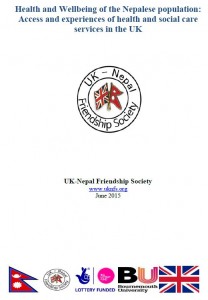

 This e-learning tool has been developed with funding from the Big Lottery Fund, and builds on previous work which has used participatory performative research methodologies, including performance poetry to enable young people with disabilities (aged 14-20 years) to explore the nature of disability within society and their own experiences of being disabled. The previous outputs from this project have included live performances as part of the Cultural Olympiad 2012, local literary festivals, a performance at the House of Commons in December 2014, as well as a documentary film
This e-learning tool has been developed with funding from the Big Lottery Fund, and builds on previous work which has used participatory performative research methodologies, including performance poetry to enable young people with disabilities (aged 14-20 years) to explore the nature of disability within society and their own experiences of being disabled. The previous outputs from this project have included live performances as part of the Cultural Olympiad 2012, local literary festivals, a performance at the House of Commons in December 2014, as well as a documentary film ![photo[2]](https://microsites.bournemouth.ac.uk/hsc/files/2015/07/photo2-e1437396081780-224x300.jpg)
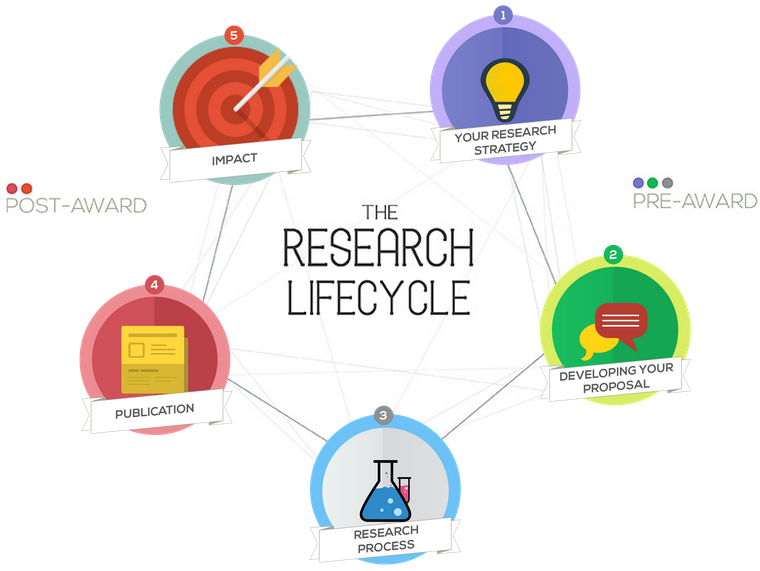

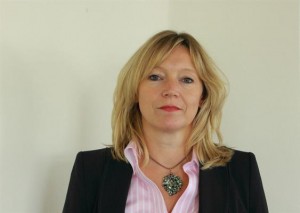 dyslexia. It was interesting to know that when reading we only take in (fovea) around eight letters, whereas our peripheral vision (parafovea) can take in around 15 letters. There are also linguistic influences on our eye movements, such as how many letters, how often the word is read, and how much a word is expected. If comprehension breaks down then our eye movements are directed back to previously read text. Some, but not all, dyslexic people will have difficulty associating letters with speech sounds. Also, some will have ‘visual attention deficit’.
dyslexia. It was interesting to know that when reading we only take in (fovea) around eight letters, whereas our peripheral vision (parafovea) can take in around 15 letters. There are also linguistic influences on our eye movements, such as how many letters, how often the word is read, and how much a word is expected. If comprehension breaks down then our eye movements are directed back to previously read text. Some, but not all, dyslexic people will have difficulty associating letters with speech sounds. Also, some will have ‘visual attention deficit’.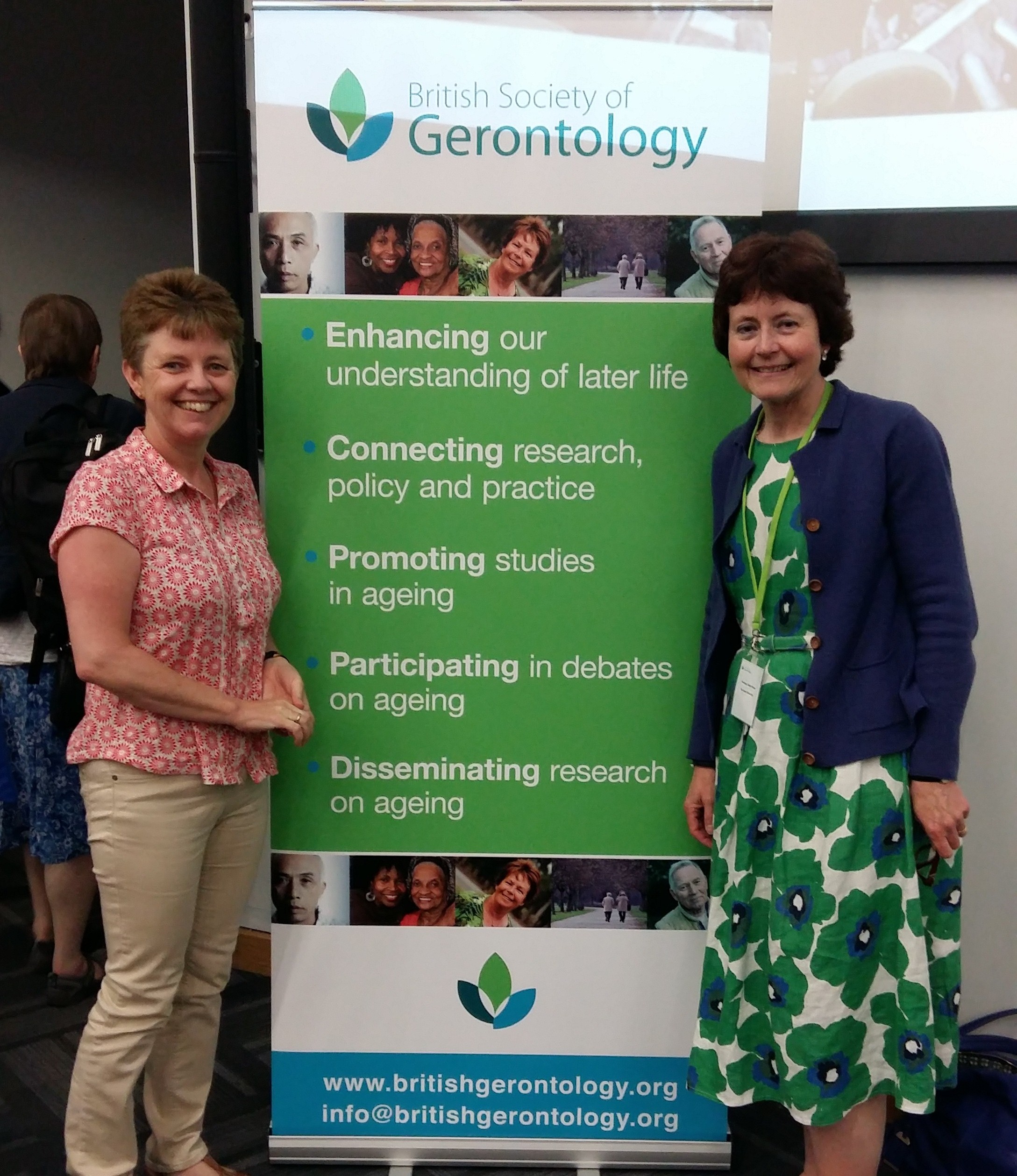

![Stanford[1]](http://blogs.bournemouth.ac.uk/research/files/2015/07/Stanford1-300x225.jpg)
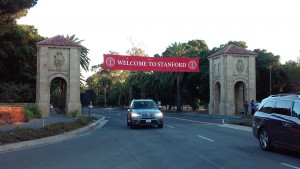
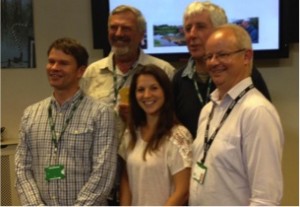
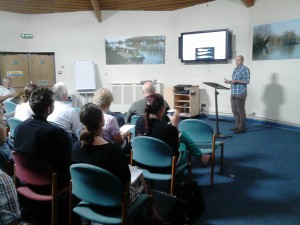

 We would love to see you at our Drop-in event ‘Research Reflections’ on the 16 July – feel free to attend for a session or two, or the whole day. Come along and hear about the huge range of Research taking place across the University, and support your fellow academics talking about their Research.
We would love to see you at our Drop-in event ‘Research Reflections’ on the 16 July – feel free to attend for a session or two, or the whole day. Come along and hear about the huge range of Research taking place across the University, and support your fellow academics talking about their Research.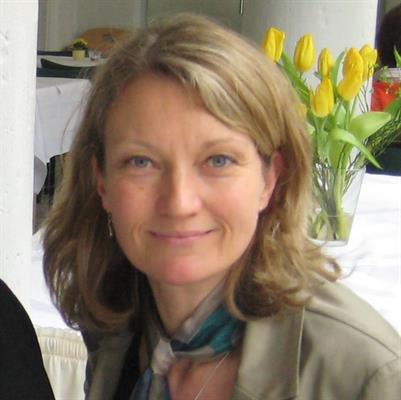
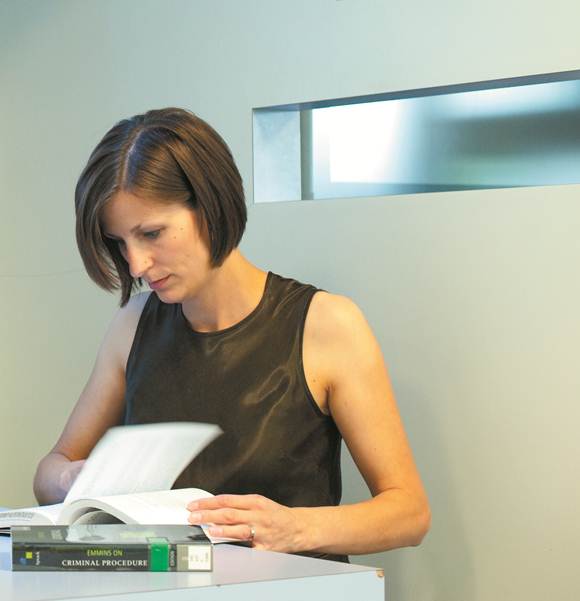













 Read and sign up to BU’s Policy Influence Digest
Read and sign up to BU’s Policy Influence Digest Upcoming opportunities for PGRs – collaborate externally
Upcoming opportunities for PGRs – collaborate externally BU involved in new MRF dissemination grant
BU involved in new MRF dissemination grant New COVID-19 publication
New COVID-19 publication MSCA Postdoctoral Fellowships 2024
MSCA Postdoctoral Fellowships 2024 Horizon Europe News – December 2023
Horizon Europe News – December 2023